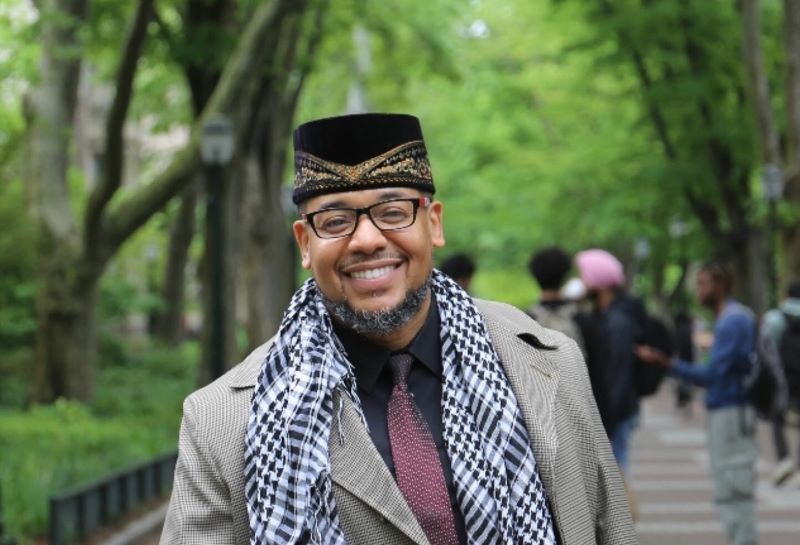Dr. David Satcher was born on March 2, 1941 in Anniston, Alabama. His parents owned a farm and were very poor. They raised 9 children, including Satcher. At the age of two Satcher developed whooping cough. His parents thought he wouldn’t survive, but thanks to the powerful work of a Black doctor, Satcher recovered and went on to do remarkable things in the health industry.
Satcher was one of three children to graduate and go onto college. He attended Morehouse College, an HBCU in Atlanta, Georgia, and graduated with a Bachelors of Science in 1963. He then went on to attend Case Western Reserve University in Cleveland, Ohio to obtain his MD and PhD in cell biology. To complete his residency, Satcher moved across the country to Los Angeles, California. He completed his training at UCLA School of Medicine.
From 1979 to 1982 Dr. Satcher served as professor and Chairman of the Department of Community Medicine and Family Practice at Morehouse School of Medicine. He founded the King-Drew Department of Family Medicine and was the director of the King-Drew Sickle-Cell Research center.
To add onto Dr. Satcher impressive work and accomplishments, he became the Director of the Centers for Disease Control and Prevention and the Administrator of the Agency for Toxic Substances and Disease Registry from 1993 to 1998.
In 1998 he was sworn in as the 16th Surgeon General of the United States. At the same time he served as the 10th Assistant Secretary of Health in the United States. He remains only the second person to have served in both roles simultaneously and the only person to have held positions as Director of the CDC and served as Surgeon General. He held both titles until 2001.
Dr. Satcher made it his life’s work to lessen the disparities in health. His goal has been to bring equal health care to those that need it the most. He is known as the “nation’s leading spokesperson for equal health.”
In 2006 Dr. Satcher founded the Satcher Health Leadership Institute at the Morehouse School of Medicine in Atlanta, Georgia. For Dr. Satche,r this was a huge step toward his goal of providing top-of-the-line healthcare to all. The mission of the institute is to “develop a diverse group of exceptional health leaders, advance and support comprehensive health system strategies, and actively promote policies and practices that will reduce and ultimately eliminate disparities in health.”
His incredible, pioneering, and selfless work makes Dr. Satcher one of a kind. His work will continue to save many lives and inspire many more.





